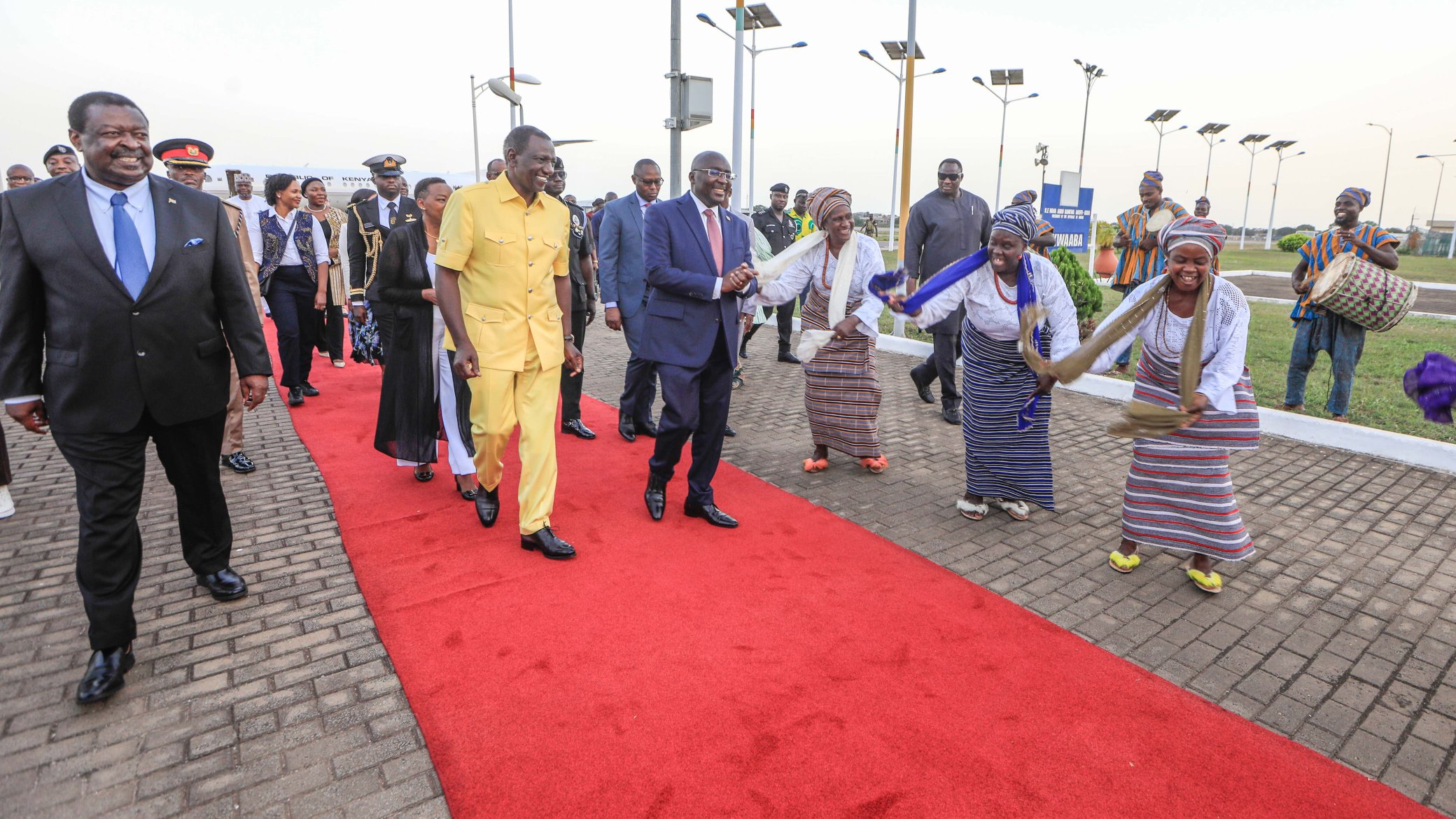AS the African Heads of State elect the AU Commission chairperson every four years, so do they elect his or her deputy.
The two elections are held by the Assembly of the Heads of State on the same day or period in January or February.
It’s however, not a joint ticket. Its not candidate/running mate scenario, though being a political process, that may actually be the case behind the scenes. In fact the Chairperson and the Deputy should not come from the same region of the continent according to the Commission laws.
The voting is by secret ballot according to the Assembly Rules of Procedure and the Commission Statutes. A two-thirds majority of Member States eligible to vote is required for one to win.
Both the chair and deputy serve for a four-year term that is renewable once. Its during the renewal or failure thereof, that the two either stick together for a second term or leave the office together or separately.
The Deputy Chairperson comes with his or her assignment cut out – to assist the Chairperson in the execution of his/her functions to ensure the smooth running of the Commission. The Deputy is in charge of administration and finance. He or she acts in the chair absence of the chairperson.
So the Chairperson and the Deputy may perch together, but at the point of “flying away”, they may depart at different times.
The first Deputy Chairman was Patrick Kayumba Mazimhaka (Rwanda) who deputized chairman Alpha Oumar Konare (the former President on Mali) from 2003 to 2008. They both left together in 2008.
In came Erastus Mwencha (Kenya) as the second Deputy Chairman and Jean Ping of Gabon as his chairman in 2008. In 2012 Jean Ping left but Mwencha was reelected deputy chair. Dr. Nkosazana Dlamini-Zuma of South Africa was elected chairlady, the first woman to hold the seat.
Only Mwencha has served for two terms as Deputy Chair of he AUC. He and Zuma retired together in 2017.
In came Thomas Kwesi Quartey (Ghana) as the new deputy and Moussa Faki of Chad as the new chairman.
Kwesi left the seat after one term in February 2021 and was succeeded by the current deputy Dr Monique Nsanzabaganwa (Rwanda) the first woman to hold the seat. Faki secured a second term as chair in February 2021. Faki is therefore not eligible for reelection in 2025 but the deputy Dr Nsanzabaganwa is. If reelected in 2025 she will deputize a new chairman of the AUC.
However, will she be reelected and is she seeking to?
Apparently, no deputy chair has had a chance to rise to the chairmanship for many reasons including the age factor. Such a chance may actually be impossible to get due to the strictness in regional/rotational) balancing.
Out of the 55 members of the AU, Mali, Gabon, South Africa and Chad have held the chairmanship. And only Rwanda, Kenya and Ghana have held the deputy chairmanship position. Kenya is seeking a second bite, this time with the sponsorship of former Prime Minister Raila Odinga for the chairmanship.
South Africa may just front someone for a second bite on the deputy chairperson. Or Rwanda may actually want their own Dr Nsanzabaganwa reelected. Born in 1971, Dr Nsanzabaganwa (pictured) a PhD holder in Economics is only 52.





